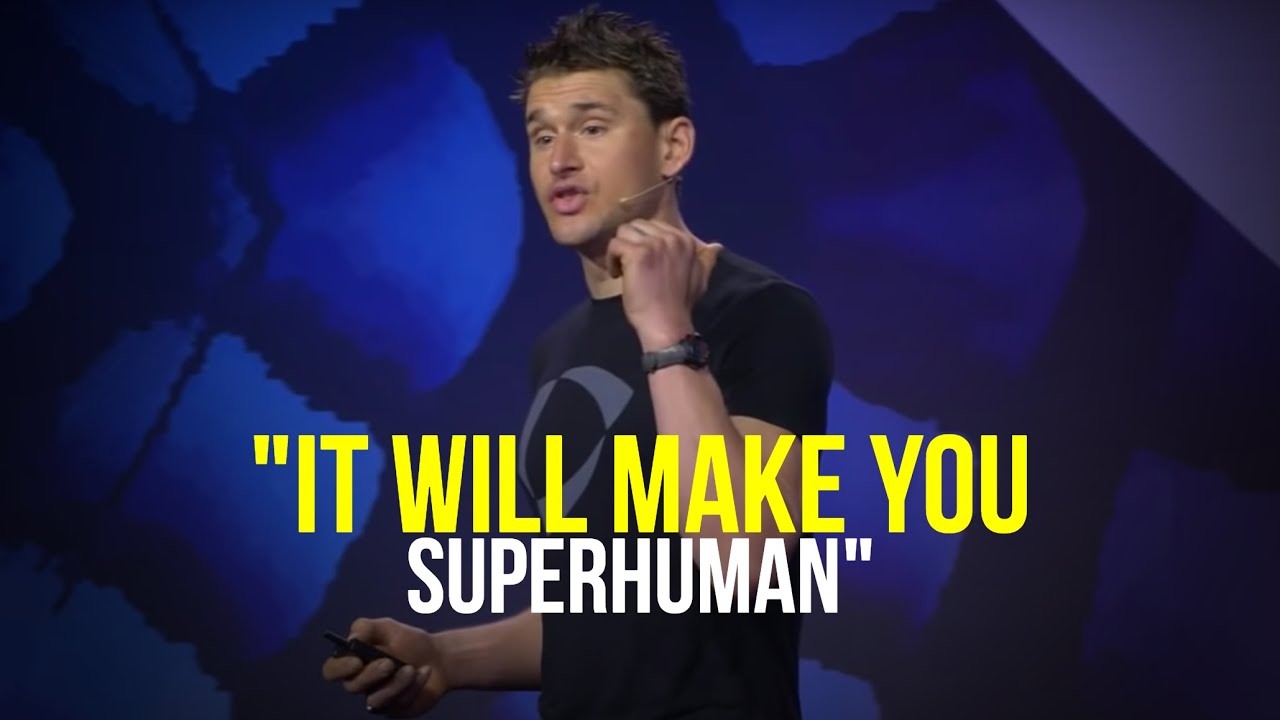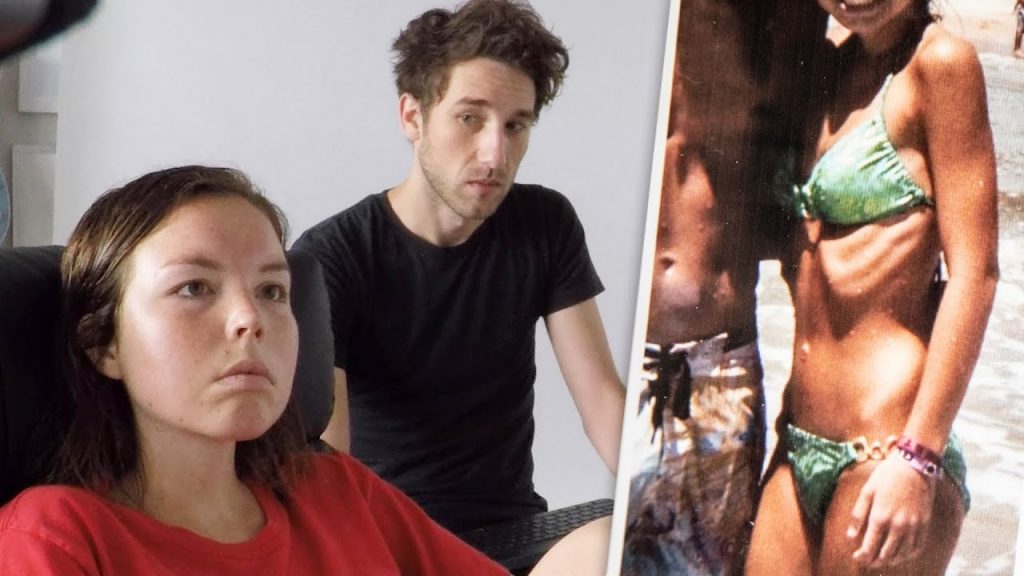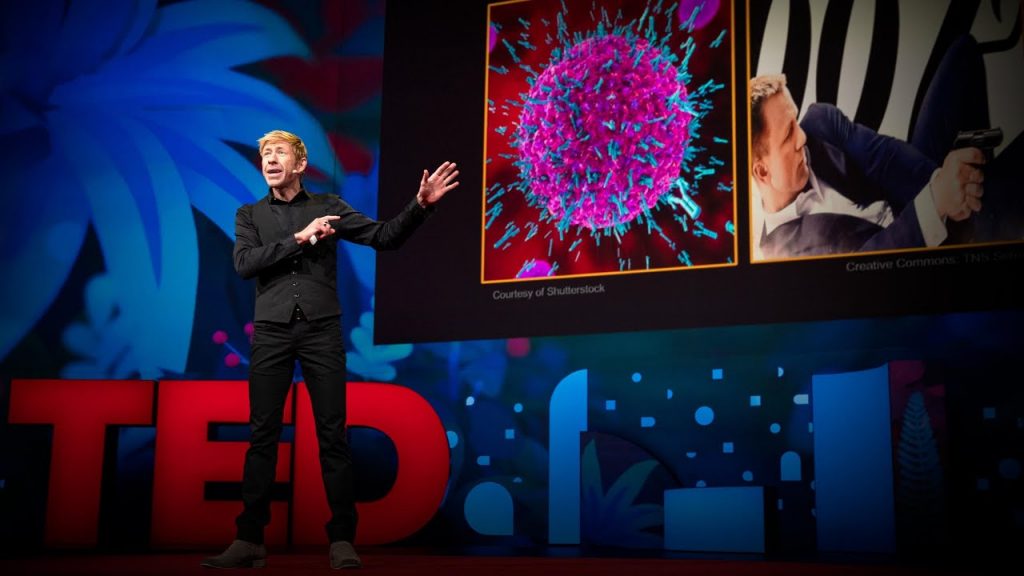Is This Cheating? “Little Known” Biohacks That Will Make You Superhuman

In the world of self-improvement and personal growth, there is a constant pursuit for ways to optimize our lives.
From adopting healthier diets to implementing daily exercise routines, people are constantly looking for ways to enhance their physical and mental performance. However, a new trend has emerged in this realm, with the rise of biohacking.
Biohacking refers to the practice of using biology, technology, or a combination of both to enhance one’s physical and cognitive abilities. This movement has gained traction in recent years, with some individuals claiming to have achieved superhuman abilities through various biohacking techniques. But the question remains, is this cheating?
One of the most popular biohacking techniques is using nootropics, also known as “smart drugs”. These are substances that claim to improve memory, focus, and overall cognitive function. While some nootropics, such as caffeine and omega-3, have been scientifically proven to have cognitive-enhancing effects, others, like Modafinil, have not been thoroughly studied and come with potential side effects. So, is taking these substances to enhance one’s mental abilities considered cheating?
On the other hand, there are also physical biohacks, which involve altering one’s body chemistry to improve athletic performance. One example is the use of cryotherapy or exposing the body to extremely cold temperatures to reduce inflammation and improve muscle recovery. This practice has gained popularity among athletes, but is it considered cheating to use a machine to lower your body’s temperature and gain a competitive advantage?
Another controversial biohacking practice is the use of transcranial direct current stimulation (tDCS), which involves applying a small electrical current to the brain to improve cognitive function. While some studies have shown positive results, the long-term effects of tDCS are still not fully understood. As a result, some people view this as an unfair advantage, and thus, cheating.
Some argue that biohacking is simply using science to optimize one’s life. They believe that if these practices are available to everyone, then it is not cheating. Others, however, argue that using external means to enhance one’s physical or cognitive abilities goes against the natural order of things and is, therefore, considered cheating.
There is also the ethical concern of the potential dangers and risks involved in biohacking. As with any new trend, there are always risks and unknown consequences. For instance, using nootropics without proper knowledge and guidance can lead to adverse effects on both physical and mental health. Similarly, altering brain chemistry through tDCS without understanding the long-term effects can have severe consequences.
Ultimately, the answer to whether biohacking is cheating or not may vary depending on personal beliefs and ethical codes. However, it is crucial to consider the potential risks and side effects before indulging in these practices. It is always best to consult with a medical professional and thoroughly research before trying any new biohacks.
In conclusion, while biohacking may seem like an attractive way to achieve superhuman abilities, it is essential to remember that our bodies and brains are complex systems that require caution and care. The long-term effects of these techniques are still not fully understood, and tinkering with our biology may have consequences that we are not yet aware of. Instead of looking for external means to enhance our performance, perhaps the focus should be on adopting a healthy and balanced lifestyle that supports our natural abilities. As with anything, moderation is key, and it is up to each individual to decide whether biohacking is a beneficial tool or a form of cheating.









BEGINNER WORKOUT ROUTINE MADE SIMPLE (home or gym)
The Surprising Truth About Making Babies Late | Reisa Pollard | TEDxVancouver
I Worked out like Chris Hemsworth for 30 Days
Why Taraji P. Henson Values Mental Health Awareness
LARRY WHEELS – EPIC BODY TRANSFORMATION – HARDCORE GYM MOTIVATION